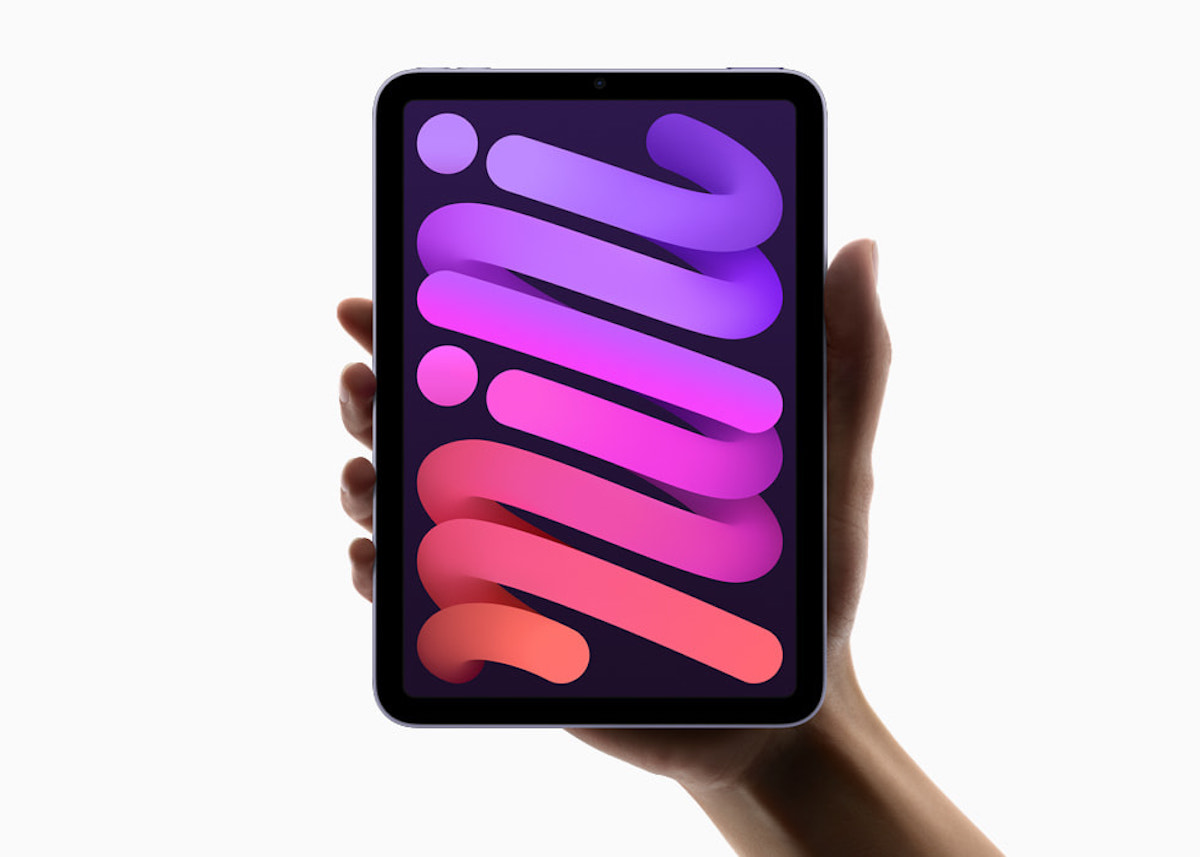Apple is facing a class-action lawsuit in Colorado, United States, due to the “jelly scrolling” issue in iPad mini 6. The lawsuit accuses Apple of fraudulent marketing and selling the iPad mini with a known defect.

iPad mini jelly scrolling issue puts Apple in legal trouble
The lawsuit has been filed in the Northern California district court by Colorado resident Christopher Bryan. As per the filing details on law.com:
Apple was hit with a consumer class action Wednesday in California Northern District Court over its iPad Mini 6. The lawsuit, brought by Bursor & Fisher, contends that the liquid crystal display in the iPad Mini 6 is prone to ‘screen tearing,’ which allegedly makes texts and images appear to be tilted downward on one side. Counsel have not yet appeared for the defendant. The case is 5:22-cv-00845, Bryan v. Apple Inc.
The iPad mini 6 screen tearing or jelly scrolling issue was discovered soon after the product was launched. Users noticed that scrolling through web pages or documents with lots of text would show the different halves of the display out of sync with each other in portrait orientation. The left side of the display would lag behind the right side in most situations.
The issue was first noticed by Dieter Bohn of The Verge on the review unit that he was provided by Apple.
Here is is slow-mo video of scrolling on the iPad Min i slowed down EVEN MORE in a frame-by-frame step through. Notice how the right moves up faster than the left.
In normal usage you barely see it, but every now and then it become noticeable. In landscape it goes away entirely pic.twitter.com/iq9LGJzsDI
— Dieter Bohn (@backlon) September 22, 2021
The issue is not unique to the iPad mini 6 and happens on other devices too, including smartphones like OnePlus 6, which utilize LCD displays. The iPad mini 6 uses a 60Hz LCD panel, and the issue was not evident on the entry-level iPad which also uses a 60Hz LCD panel.
Apple responded to the complaints and said that the behavior was normal for LCD screens, while iFixit found that the issue was happening due to the controller board being mounted vertically instead of horizontally, which would cause the lag.
It will be interesting to see how the class action lawsuit pans out considering that such issues are not uncommon for LCD displays. Apple makes it very easy for unhappy users to return products in the United States, so it is surprising that the plaintiff did not opt for the route but instead decided to file a lawsuit.
via MacRumors